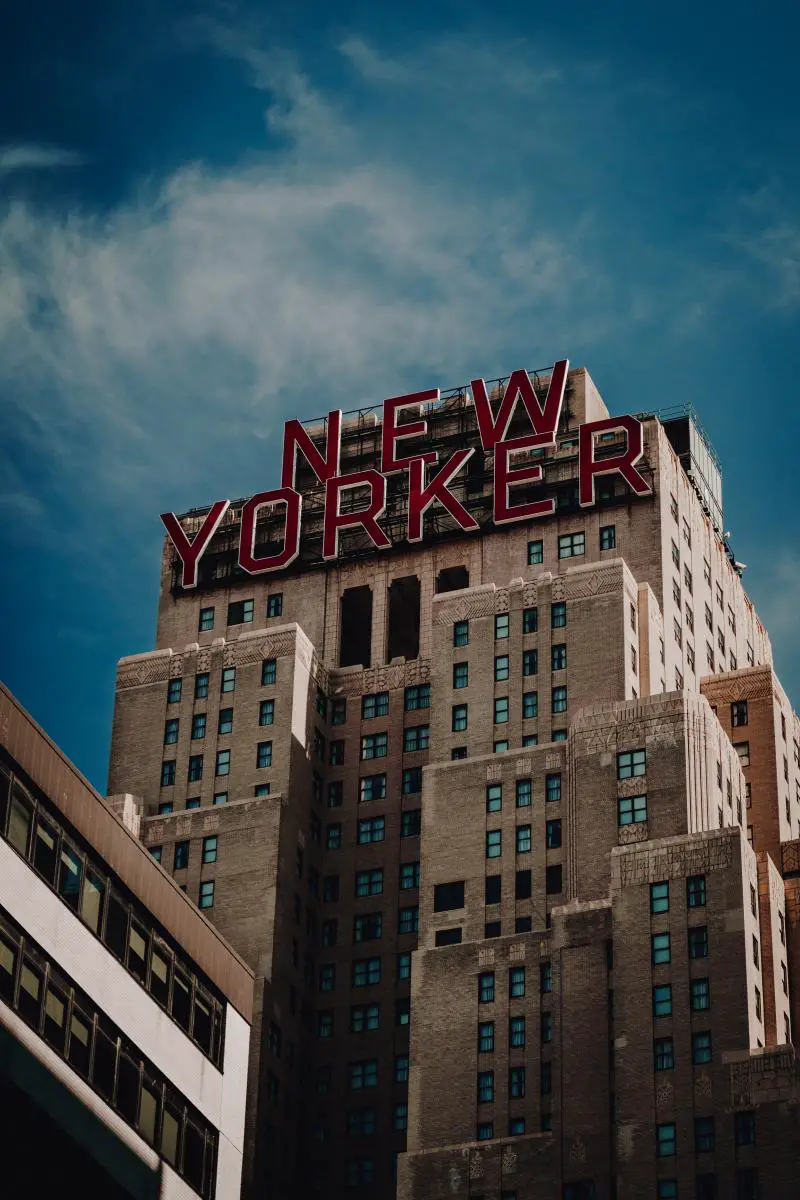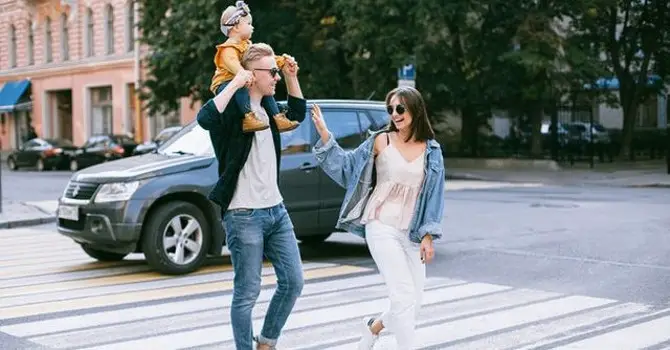It's almost impossible to find a hotel that hasn't introduced a new sanitation program, promising its rooms are squeaky clean and coronavirus-free. But how do you know if your hotel room is really clean?

Photo by Marcelo Cidrack on Unsplash.
"It's difficult to distinguish between legitimate cleaning efforts and public relations," says Sheryl Kline, a professor at the University of Delaware who has researched hotel hygiene. "Anyone can do a visual inspection and it can look clean. Just because it looks clean does not necessarily mean that it is clean."
Hotels have standard room-cleaning practices, which have been upgraded since the pandemic. But there is no universally accepted way to clean a hotel guest room, says Kline.
"Typically, cleanliness is based on visual inspection. This provides an aesthetic evaluation but not an assessment of the possibility of microbial contamination," she adds.
That hasn't stopped the hotel industry from trying to set standards during the pandemic. Consulting experts, a visual inspection, and taking quick action if you're in a place that doesn't meet your expectation can ensure that you stay in a clean room.
How do you stay safe?
Last month, the American Hotel & Lodging Association (AHLA) introduced an industry-wide program called Safe Stay, which created new hotel post-coronavirus safety standards. Safe Stay hotels have "enhanced" cleaning standards throughout the hotel, use cleaning products with a higher concentration of bacteria-killing ingredients, and encourage their staff to practice social distancing. The initiative will "ensure greater transparency and confidence" for guests, according to Chip Rogers, president of AHLA.
How do you know if your hotel room is clean? It's not that easy, say experts.
"There is no road map and, frankly, no 100 percent agreement on the science and health concerns," says Carolyn Richmond, a partner at Fox Rothschild's Hospitality Practice Group. "While guests certainly want to see that cleaning policies and other protective measures have been taken, it has to be more than just window dressing."
Many hotels are going beyond the new industry standards. For example, the Salishan Resort, a golf hotel on the Oregon coast, has introduced stringent new cleaning measures. They include new health screenings for employees and the installation of touchless processes to reduce direct interaction with guests whenever possible.
"We've even created fitness guest rooms with their own dedicated, sanitized Peloton and TRX workout equipment," says Ken Cruse, president of SCP Hotels, which owns the Salishan Resort.
How do you know the room is virus-free?
But how do you know if a hotel room is clean? You can ask an expert. Travel agents keep lists of the cleanest hotels, based on their inspections and familiarity with properties.
"Our agency has a list of preferred hotels in each city based on past cleanliness, current mandatory hygiene precautions and following updated virus regulations," says Sangeeta Sadarangani, CEO of Crossing, a multi national travel agency headquartered in London.
For example, hotels that have already started accepting guests in Hong Kong are following a weekly deep clean policy. They're using sanitizing sprays in the rooms. Restaurant staff use gloves and face masks, even when they aren't on duty. Linens and towels are changed daily.
Guests and experts also recommend that you read hotel reviews from a variety of sources, including travel review sites, blogs and social media. Don't limit yourself to just one source.
Here are the signs that your hotel room is clean
You can inspect the hotel room, too. That's what Chip Bell does when he checks into a hotel. He looks for signs that the cleaning crew has done a thorough job. Are water glasses sealed? Toilet seats strapped? Is the toilet paper folded to a "V" shape?
"I also look for accountability," says Bell, a customer service expert. "Is the housekeeper's name obvious and in multiple places in the guest room?"
Finally, is there an obvious commitment to hygiene? Can you find hand sanitizers in the public restrooms? Are employees wearing face masks and practicing social distancing? Bell carries a supply of sanitizer, face masks and gloves, in case the answer is "no."
Of course, there's no way to tell if your hotel room is contaminated with coronavirus. Truth be told, there's no way to reliably tell if you are, either. But just like with people, there are symptoms. If your room looks clean and smells clean, chances are it is.
And if you have doubts? Carry your own cleaners—or stay home.
.jpg)
How professional cleaners can tell if a hotel room is clean
Go to the bathroom. Always start with the bathroom, says Diana Rodriguez-Zaba, president of ServiceMaster Restoration by Zaba, a Chicago cleaning service company that specializes in hotels. "Check around the toilet seat for noticeable grime and lift the seat to check for stains. Check the shower, paying close attention to the corners where gunk and mildew tend to accumulate. Can you spot any hair on the bathroom floor? That's usually a telltale sign the hotel isn't being kept in the cleanest condition," she says.
Look for the little things. Details matter, says Abe Navas, the general manager of Emily's Maids, a house cleaning service in Dallas. "The basics are changing your sheets, dusting, and general cleaning. Someone put in real effort when you see clean door handles and clean toilet buttons—the little details," he says. "If your room doesn't have any smudges or fingerprint marks, this is the way to know if it's properly cleaned."
Give it the sniff test. Navas has one final test. "Smell," he says. "There is a certain smell that is not a chemical scent, but rather a nice aroma that comes when your room is properly cleaned." He says it shouldn't be a chemical smell. That means someone has carelessly overapplied bleach or cleaning solution, which could cause problems for you.
The sniff test works the other way around. When Valerie Smith smells smoke or mildew, she turns around and walks back to the front desk. "I ask for another room," says Smith, a retired real estate agent from Shepherdstown, W. Va. "This time, I inspect it before I accept it."
And if it's also smelly? Now more than ever, it's time to check out and find another place to stay.
Christopher Elliott's latest book is “How To Be The World’s Smartest Traveler” (National Geographic). This column originally appeared in USA Today.
© 2020 Christopher Elliott.





